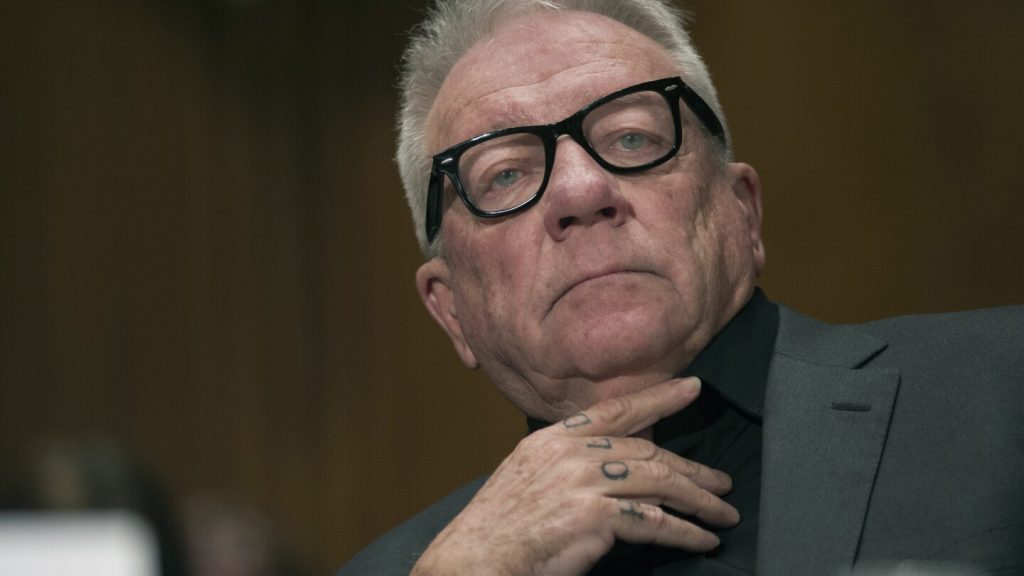Michael Lacey, one of the founders of the classified site Backpage.com, has been sentenced to five years in prison and fined $3 million for money laundering in a case involving allegations of promoting and profiting from prostitution through classified ads. The site reportedly generated $500 million in revenue from prostitution-related activities from 2004 until it was shut down by the government in 2018. Lacey, along with two other executives, John Brunst and Scott Spear, were convicted last year on charges related to prostitution facilitation and money laundering.
Despite claiming that he was focused on running an alternative newspaper chain and not involved in the day-to-day operations of Backpage, Lacey was found guilty of international concealment money laundering. The judge in the case, Diane Humetewa, acquitted Lacey of dozens of other charges due to insufficient evidence but he still faces about 30 counts of prostitution facilitation and money laundering. The judge criticized Lacey for being aware of the allegations against Backpage and not taking any action in the face of those allegations.
Prosecutors in the case argued that Lacey and the other defendants were motivated by greed, promoted prostitution under the guise of a legitimate classified business, and misled anti-trafficking organizations and law enforcement about the true nature of Backpage’s business model. Yvonne Ambrose, whose daughter was trafficked and killed as a result of an online sex ad on Backpage, spoke about her pain during the sentencing. Prosecutors also alleged that Lacey used cryptocurrency and wired money to foreign bank accounts to launder revenues earned from the site’s ad sales.
Backpage employees were said to identify prostitutes through Google searches and offer them free ads in order to win their business. The site also had a business arrangement where ads were placed on another site where customers could review their experiences with prostitutes. The marketing director of Backpage admitted to conspiring to facilitate prostitution and giving free ads to prostitutes in order to attract their business. Despite efforts made by Backpage to prevent criminal conduct on its site, prosecutors argued that the moderation efforts were aimed at concealing the true nature of the ads.
The trial for Lacey, Brunst, and Spear saw two other Backpage employees acquitted of charges. The defendants were not allowed to bring up a memo from 2013 where federal prosecutors had examined the site and found no evidence of recklessness towards minors or admissions that the site was being used for prostitution. However, a Government Accountability Office report stated that the FBI’s ability to identify victims and sex traffickers decreased significantly after Backpage was seized by the government. Prosecutors claimed that Lacey and his co-founder, Jim Larkin, retained control over the site even after selling their interest in 2015.


